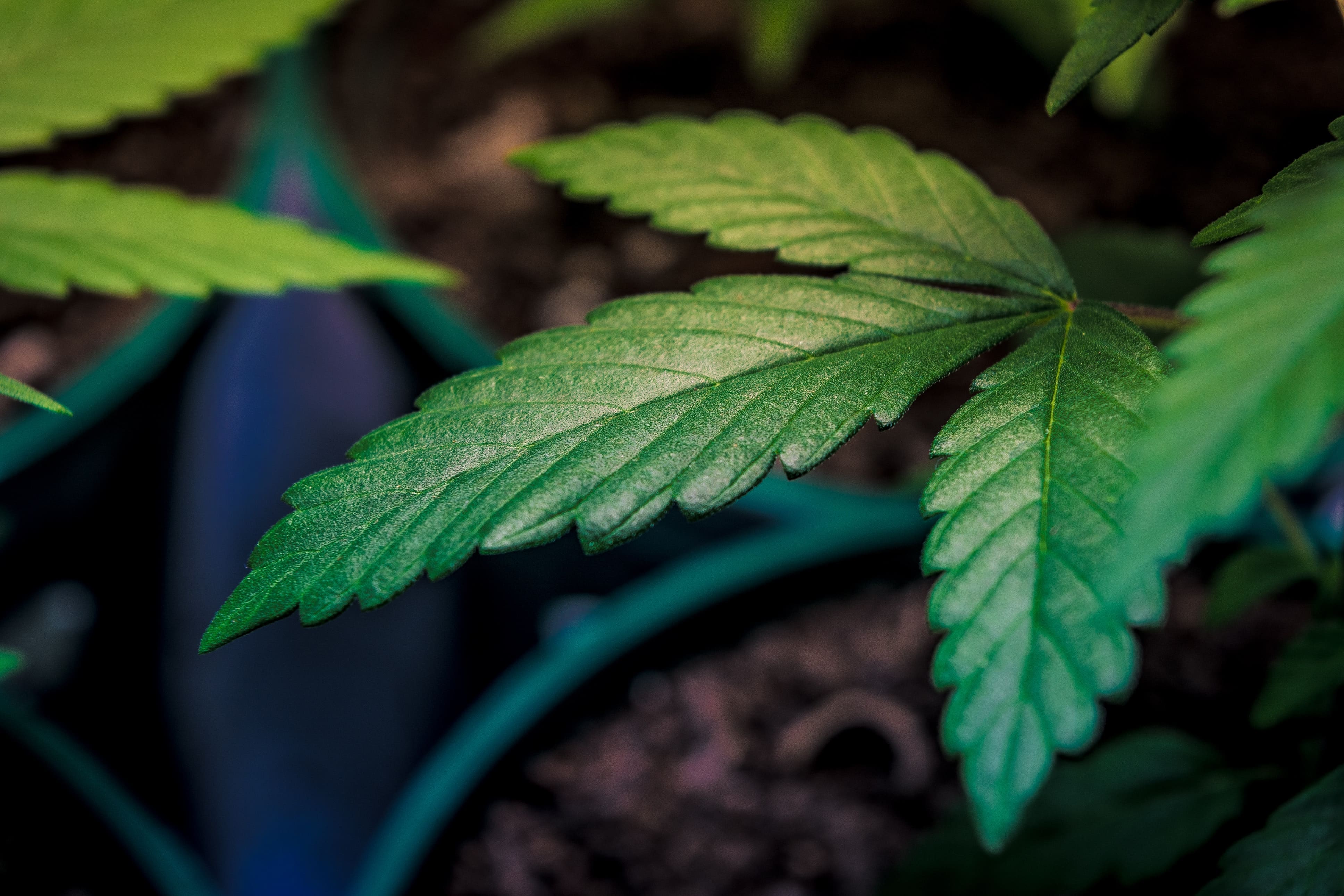Politics
Minnesota Marijuana Regulators Want Input On Packaging, Tracking And Verification Rules

Minnesota’s Office of Cannabis Management (OCM) has opened a fourth survey seeking public input on how the state’s forthcoming commercial marijuana market should function, asking for opinions around packaging and labeling as well as the state’s system for cannabis tracking, inventory and verification.
Already the agency has solicited input on issues such as cultivation, processing and manufacturing; pesticides, fertilizers and environmental controls; and retail cannabis operations and sanitary standards.
OCM was initially planning to circulate a total of five surveys on marijuana consumer and industry topics, with the aim of informing rulemaking under the state’s legalization law enacted last year. But regulators recently announced the addition of sixth and seventh surveys, which will extend into February. The remaining surveys focus on business licensing and social equity, laboratory standards and edible products as well as medical cannabis and the patient registry program.
The deadline for the current survey, which opened late last month, is Friday, January 12.
As in past surveys, questions are mostly open-ended, such as “What opportunities exist for your selected area of interest?” and “What is most important for the rulemaking body to know and understand about this area?” The form allows additional space for general feedback. Providing contact information is voluntary. The survey also has a section for respondents to insert links to reference information or email additional supporting documents.
OCM has previously said it’s encouraging public feedback “to ensure the rulemaking process is accessible to the widest possible range of community members, advocates, and partners who want to help shape how the rules are drafted.”
After OCM formally proposes new rules for the marijuana market, members of the public will have a chance to weigh in. That’s expected to take place sometime this fall. Lawmakers have approved OCM’s use of an expedited rulemaking process, but regulators note that “the rules may not be approved and in force until 2025.”
In the interim, adults 21 and older can already legally use, possess and grow marijuana for personal use. In August, Gov. Tim Walz (D) clarified that homegrown cannabis cannot be sold commercially.
Minnesota’s cannabis law also allows tribes within the state to open marijuana businesses before the state begins licensing traditional retailers, and some tribal governments have already entered the legal market. The Red Lake Band of Chippewa Indians, for example, opened its medical dispensaries to adult consumers in August and announced plans to launch a mobile retail vehicle to sell marijuana at locations across the state.
The White Earth Nation tribe also launched an adult-use cannabis shop, with its governing council voting to authorize marijuana sales in July. The Leech Lake Band of Ojibwe has also moved to legalize.
Following legalization, minor violations of possession or home cultivation limits can result in petty misdemeanors, charges some advocates have said should include state-provided legal representation.
Even before the governor signed the reform bill, the state launched a website that serves as a hub for information about the new law. Officials have also already started soliciting vendors to help build a licensing system for recreational marijuana businesses.
In September OCM head Erin DuPree, a cannabis industry consultant whom the governor picked to lead the state agency, stepped down after one day of work following a Star Tribune report that her hemp shop allegedly sold illegal products. Lab results reportedly showed elevated THC levels and the presence of banned synthetic ingredients.
That same month, the Minnesota Supreme Court ruled that the odor of marijuana, on its own, does not establish probable cause for police officers to search a vehicle.
Aside from OCM, another body created by Minnesota’s marijuana law is the Cannabis Expungement Board, which will facilitate record sealing for people with eligible marijuana convictions on their records. The review process for eligible cases began in August. In the meantime, officials recently added a new notice to cannabis criminal history records, essentially letting reviewers know that certain marijuana records that appear on records checks may be pending expungement.




